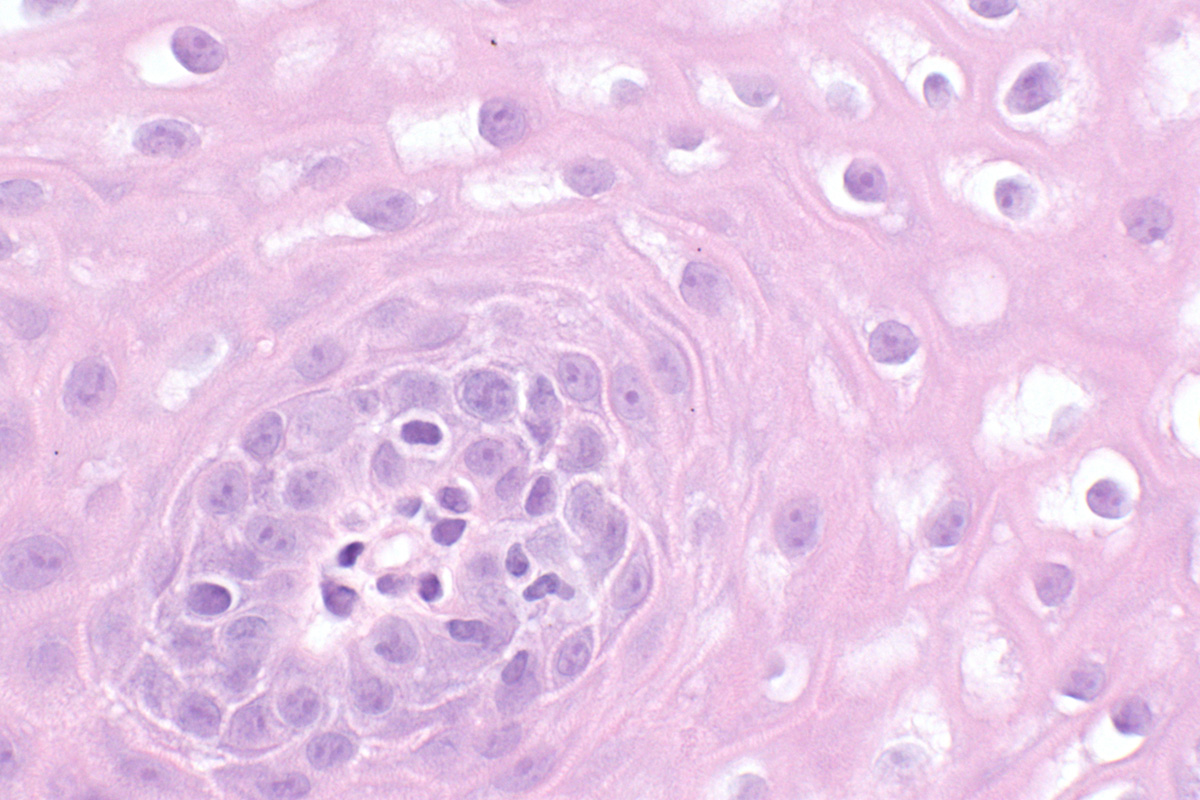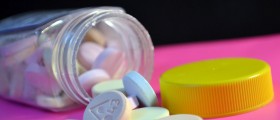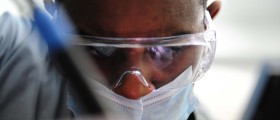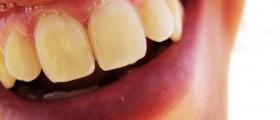
Introduction
GERD is pretty common medical condition, but in some cases it needs to be treated by a surgical therapy. Among the latest inventions which can be used for the treatment of this medical condition are the so called proton pump inhibitors. Since the beginning of their use the surgical therapy has declined significantly in its use as the most efficient method of treatment. The surgery is also often associated with certain side effects which may even be life threatening in some cases. These side effects are much reduced with the use of proton pump inhibitors. Surgery is often the only option for all those who suffer from serious forms of gastroesophageal reflux disease. Poor control on proton pump inhibitors in such cases may unfortunately be an indication that even the surgical procedure may fail to control the harmful symptoms of the medical condition. These complications may occur in younger patients who do not want to take high doses of medicaments for prolonged periods of time.
Anti Reflux Surgery
Laparoscopic anti-reflux surgery is a much more desirable option than the open procedures which were used before. The earlier, open procedures involved the cutting of the abdomen so that the stomach and esophagus could be fully exposed. This new procedure involves a telescopic instrument medically referred to as laparoscope. This surgical technique utilizes only a small number of miniature incisions and the hospital stay after the procedure does not last longer than two days. The hiatal hernia gets pulled back down into the abdomen so that the top part of the stomach can be wrapped around the bottom of esophagus. By doing so, the weak valve gets reinforced. After a successful procedure, the symptoms of reflux disappear completely and the erosive esophagitis gets healed. This type of surgery has been in use for only a decade now. The most common disadvantages are the facts that it may fail and trigger recurrent GERD and the open procedure may need to be performed halfway through the operation in some cases. Some cases have involved abdominal bloating and dysphagia after the procedure. One should always have the procedure done by a highly experienced surgeon. The procedure may provide the patient with a long lasting, complete relief from heartburn symptoms and prevent certain serious medical conditions from occurring. The procedure may not be that helpful in those who suffer from the most severe types of gastroesophageal reflux disease.

















Your thoughts on this
Loading...